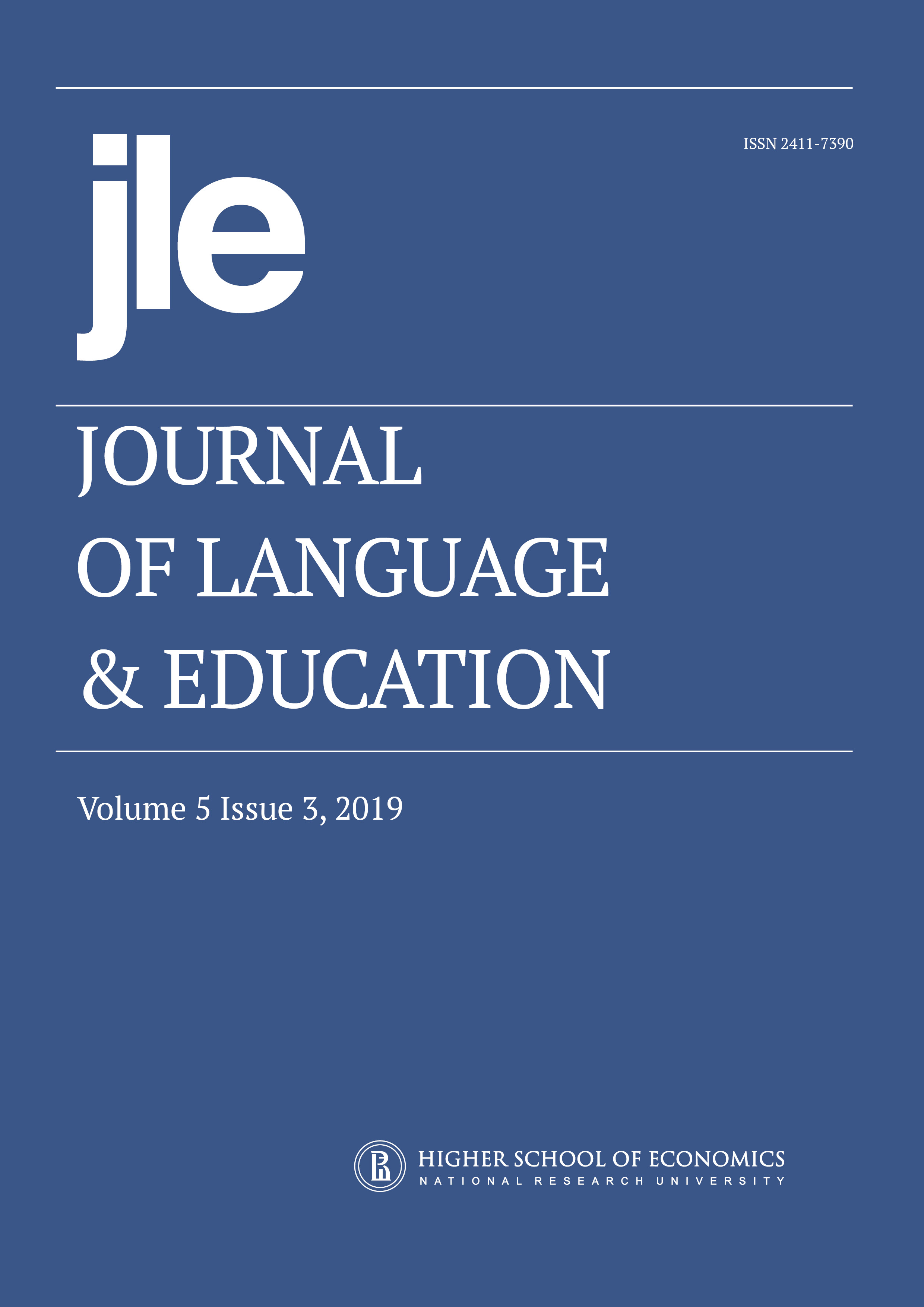The Effects of an EFL and L2 Russian Teletandem Class: Student Perceptions of Oral Proficiency Gains
Abstract
In response to the growing demand for highly proficient foreign language (L2) speakers in professional work settings, scholars and educators have increasingly turned their attention to methods for developing greater fluency in their learners who aspire to such jobs. Engaging in persuasive writing and argumentation has been shown to promote both written and oral proficiency among advanced L2 learners (Brown, 2009). This study focuses on the application of the American Council on the Teaching of Foreign Languages (ACTFL) proficiency guidelines and standards to the design of teletandem courses in English as a Foreign Language (EFL) and Russian as a Foreign Language developed to promote Advanced and Superior-level language gains. ACTFL Can-Do statements were used to evaluate learners’ self-reported language gains as a result of participating in the course. The results indicated that such an approach can indeed yield significant perceived gains, especially for spoken language, for all the participants regardless of their target language and home institution.
Downloads
Copyright (c) 2019 National Research University Higher School of Economics

This work is licensed under a Creative Commons Attribution 4.0 International License.
Authors who publish with this journal agree to the Copyright Notice.



